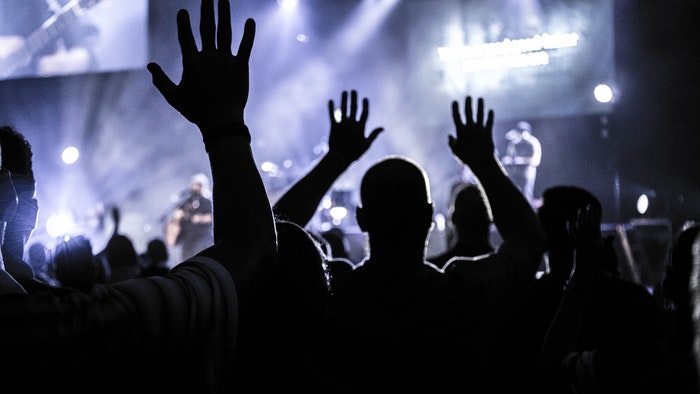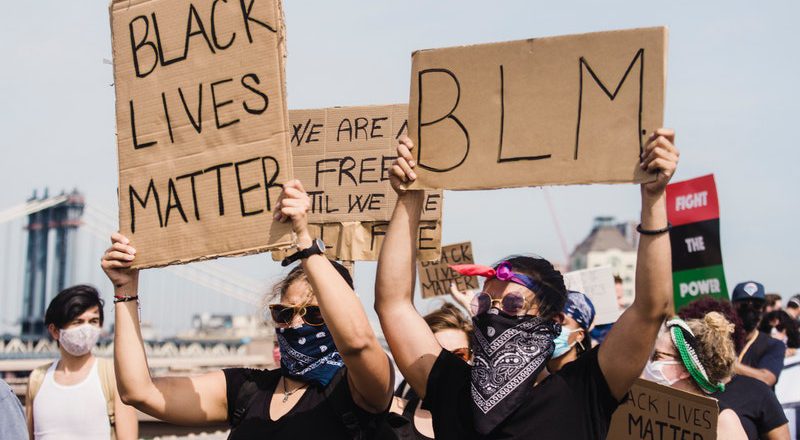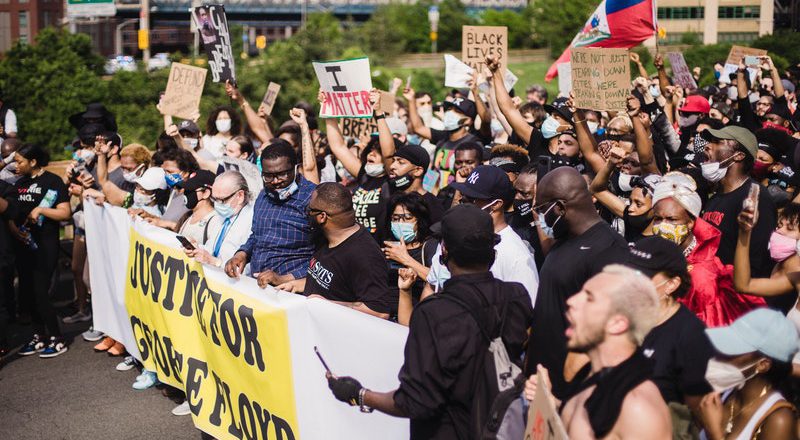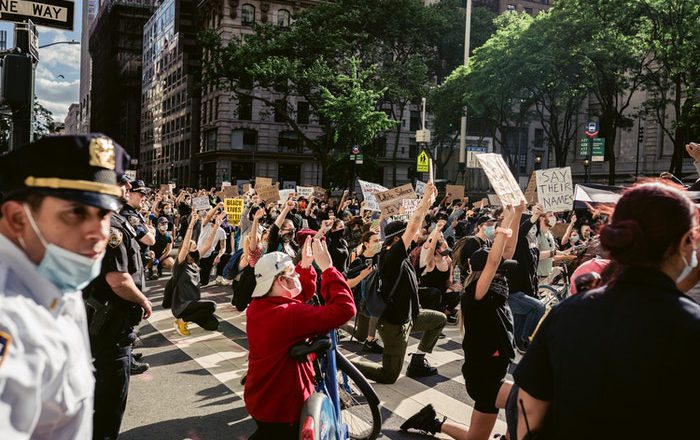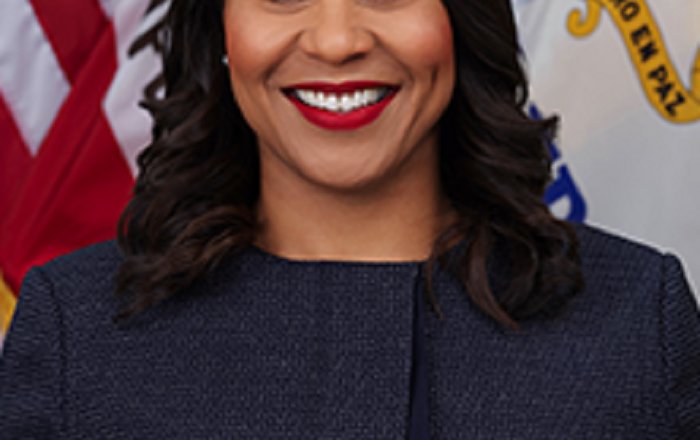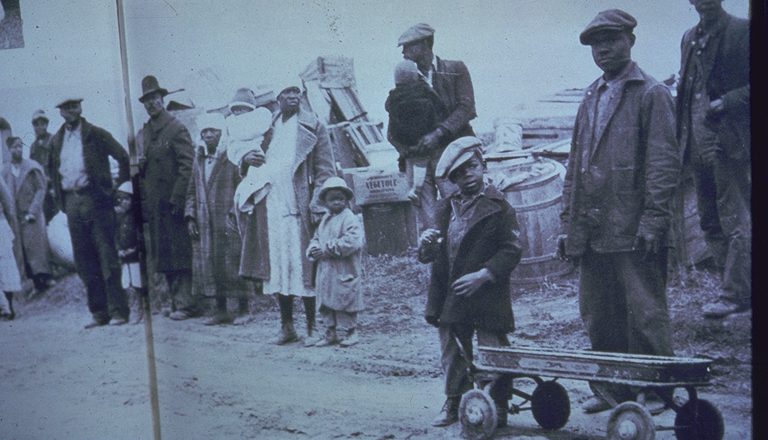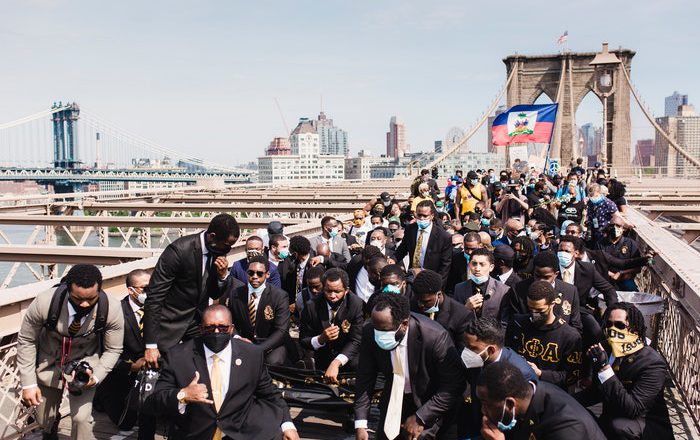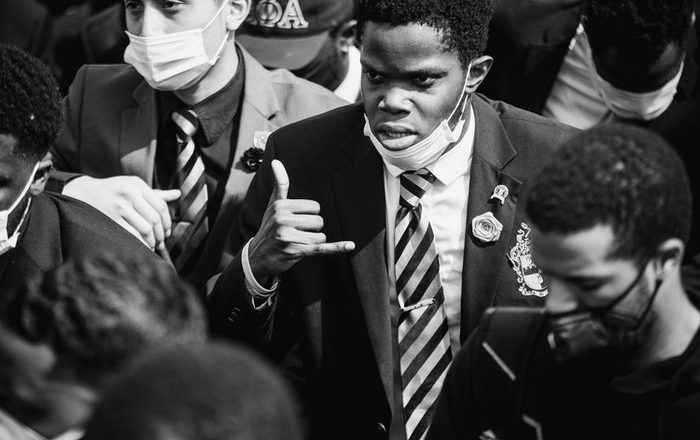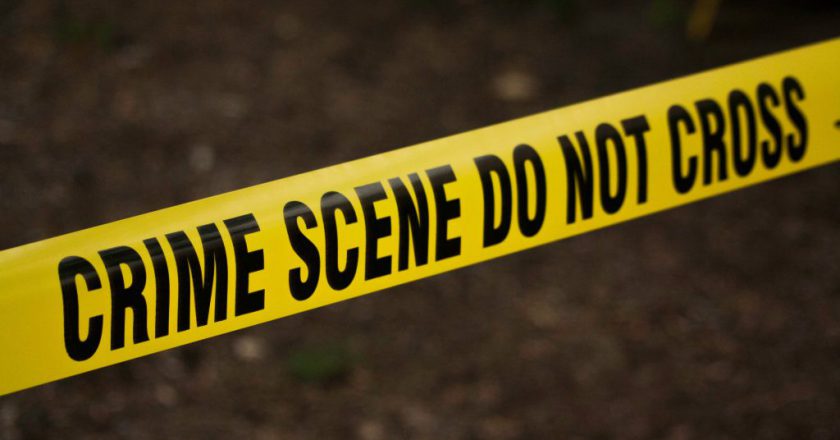Black deaths matter: The centuries-old struggle to memorialize slaves and victims of racism
In an open lot just a block or so from where George Floyd was killed while being detained by officers, 100 plastic headstones were carefully placed.
Created by artists Anna Barber and Connor Wright, the “Say Their Names Cemetery” sprung up in south Minneapolis in early June, as protests over police brutality prompted a more wide-ranging conversation over the legacy of slavery and racism in the United States.
Each headstone documents a victim of police violence – their name, age, date and location of death. Accompanying the biographical information reads a simple epitaph: “Rest in Power” – a reworking of “rest in peace” that has gained popularity among Black Lives Matter activists and supporters to commemorate the dead.
#SayTheirNames
The cemetery forms part of a wider #SayTheirNames camp...

